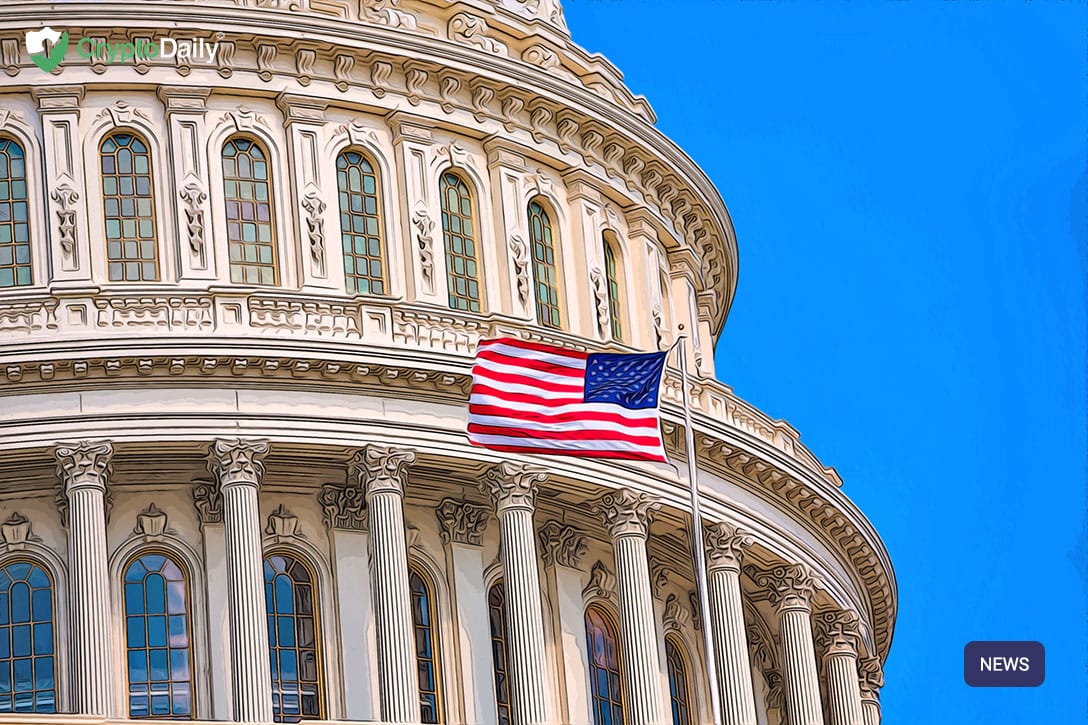Table of Contents
Cryptocurrencies have been around for a while now. From the announcement of Bitcoin in 2008, there have been many rumors about the fate of the blockchain-based currencies.
Many analysts, as well as other pessimists, believed that the new online money wouldn’t compete with conventional fiat money and would exhaust itself. However, cryptocurrencies have proved resilient to the various challenges and emerged as one of the most sophisticated methods of transaction.
Many companies have their own take on cryptocurrencies, ranging from $30 XM no deposit bonus promotion to Facebook’s new Libra which promises to serve the ‘underserved’.
When Facebook announced its own cryptocurrency, the world had differing ideas about it. On the one hand, there are almost 2 billion underbanked people who would gladly use the new, more affordable platform for their financial operations; on the other hand, however, there are regulators who are concerned with many aspects of the currency.
In this article, we’re going to take a look at what legislators are so concerned about and how they perceive the new Libra initiative.
Facebook, not Libra, is in the spotlight
On Wednesday, 23 October, Facebook is once again to face Capitol Hill for its Libra initiative. CEO Mark Zuckerberg will testify before the House of Representatives Financial Services Committee, in an attempt to convince them that Libra will do no harm to anyone.
To be fair, however, the hearing will mostly be focused on Facebook as a company, rather than its new crypto-project. The reason is obvious: Facebook has a bad reputation when it comes to the privacy of its customers.
Just in 2018, the company got involved in a nasty Cambridge Analytica scandal, where almost 87 million users’ private data has been illegally used to profile US voters and influence their behaviors.
This and many other scandals have created a somewhat uncreditworthy face of the company, where almost 2.5 billion users are registered and none of them have a guarantee that their private data won’t be abused in any fashion.
That’s the reason why the regulators are so interested in Facebook’s initiatives. It’s not about the characters of the projects - Facebook is on the trial here. This is exactly what happened during the recent hearings when the company’s blockchain lead David Marcus stood before the House Financial Services and the Senate Banking Committees.
Monopolistic incentives
One of the main concerns of the regulators is the scale of the company. Unlike other cryptocurrencies, that are operating on a relatively free market with compliance to the supply-demand chains, Libra is managed by this beast of a company that operates all around the world with close to 3 billion monthly users.
The US representatives, and not only, are afraid that under Facebook’s management, but the currency will also turn into a monopolistic entity with no actual regulatory oversight. And even though there’s Libra Association with 21 overseeing members (7 major investors such as PayPal, Visa, etc. have withdrawn for regulatory purposes), everyone knows that the major player here is the originator.
It’s not entirely clear what the regulators will ask Zuckerberg, but aside from monopoly concerns, and even more importantly, there are political threats to the US dollar. Nowadays, every major financial entity is priced in USD, which not only ensures the dollar’s dominance but also enforces the US’s stance as the most powerful country in the world.
With Libra soon to hit the market, things are headed to a drastic change. As we’ve mentioned above, the company has one of the biggest consumer bases in the world. And with such high coverage, Libra is destined to become probably the biggest currencies in the world - at least, put up a dominance fight with the US dollar.
With that in mind, regulators will be interested in what Zuckerberg’s take on fiat money is and how is the company going to regulate itself from not abusing such influence.
Yet another threat, that might be addressed in these hearings, might be the currency’s anonymous nature. The legislators all around the world are concerned that these hidden sources can be used for terrorist funding and money laundering. So, these might also be on their agenda.
With that out of the way, let’s now take a closer look at what Facebook’s offering with its Libra initiative.
Claims of ‘democratization’
One of the main promises of the Libra Association was the ‘democratization’ of the currency markets. With almost 2 billion underbanked people in the world who don’t have a bank account and receive money in the form of cash, Libra is set to create this platform that can take those people aboard.
And with its tremendous user base, the task can be accomplished without too many complications. Just the internet and internet-connected device will do the job.
Besides, with the new bill in House to classify ‘managed stablecoins’ as securities, things might be looking up for Libra even in the legislative environment. Libra is intended to be a stablecoin, with its value determined under a common basket of fiat currencies. This will bring further trust to the currency not only legislation-wise but also customer-wise.
Facebook still has a big journey ahead of its Libra launch in 2020. Not only does it have to regain its lost investors and attract new ones (with a plan of reaching a goal of 100 investors), but is also has to assure regulators that Libra will benefit underbanked individuals and, at the same time, won’t be undermining the governments’ integrity.
It will take Zuckerberg a lot of effort to achieve those.
Investment Disclaimer







